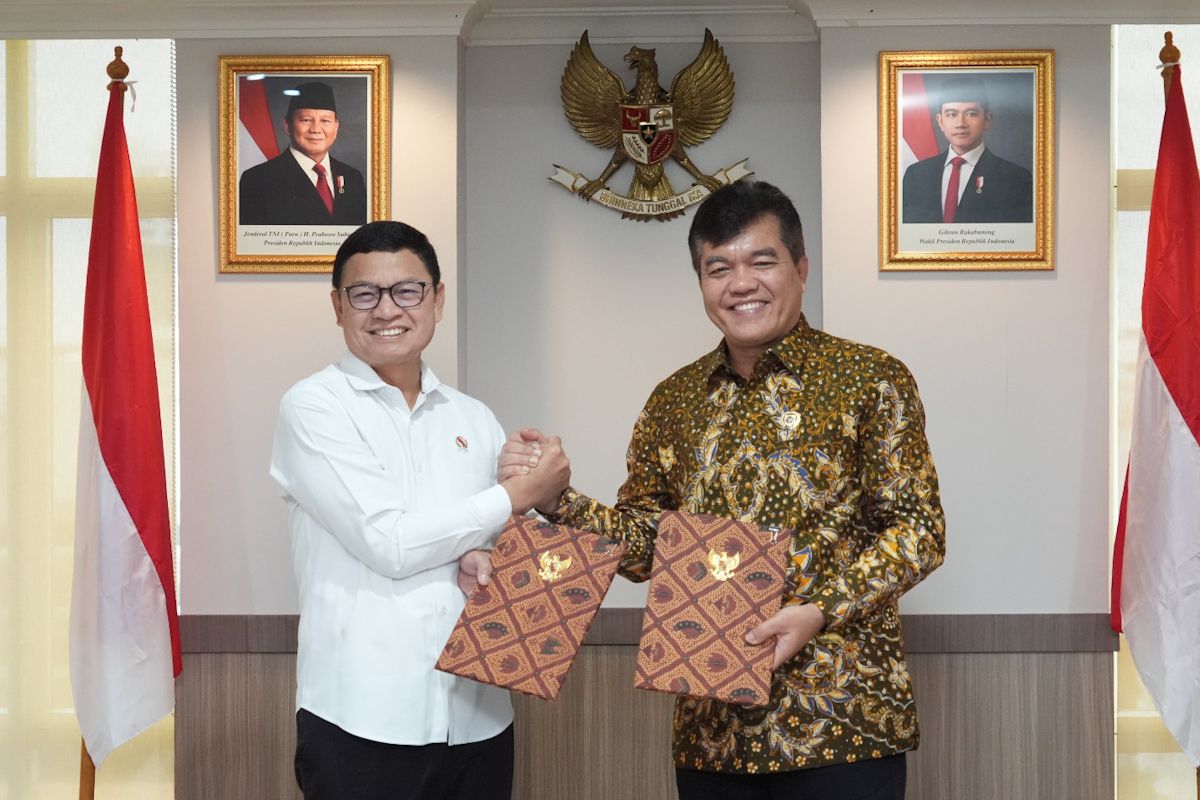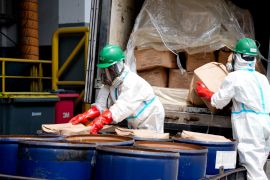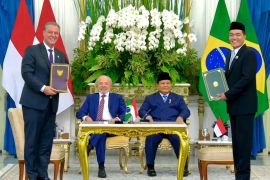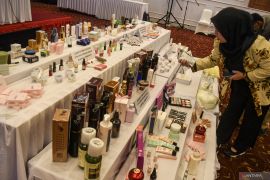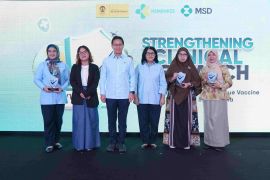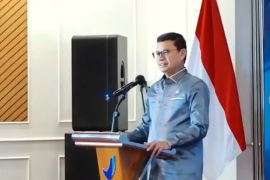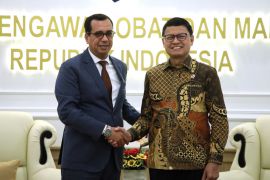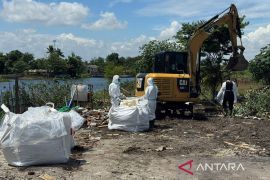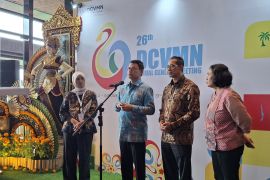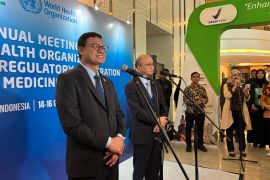Indonesia’s Agricultural Quarantine Agency (Barantin) and the National Agency of Drug and Food Control (BPOM) have signed a strategic agreement to strengthen food and drug surveillance, aiming to ensure safer products for consumers and protect public health.
The memorandum of understanding (MoU), signed on September 12 by Barantin Chief Sahat M Panggabean and BPOM Head Taruna Ikrar, will see both agencies work closely on inspections, digital data sharing, regulatory harmonization, and laboratory capacity building.
“This memorandum of understanding marks a strategic step to reinforce inter-agency coordination in safeguarding food safety and public health,” Barantin Head Panggabean said in a statement in Jakarta on Sunday.
The agreement was the result of intensive discussions between the two institutions, which share a common mandate—to protect the public, animals, fish, plants, and the environment from unsafe products, while also ensuring smooth trade flows.
Through the collaboration, Barantin and BPOM are committed to enhancing the effectiveness of inspections of food and pharmaceutical products, particularly those derived from animals, fish, and plants.
“Following the signing, we will move forward with field actions, such as joint inspections at border points,” he explained.
He further noted that the cooperation extends beyond inspections, covering several areas such as the digitalization of services for data and information exchange, harmonization of standards and regulations, and joint efforts to strengthen laboratory testing capacity for food and drug products derived from animals, fish, and plants.
As a follow-up, Barantin has initiated a cooperation agreement between the Center for Standard Testing of Animal, Fish, and Plant Quarantine (BBUSKHIT) and BPOM’s National Drug and Food Testing Development Center.
That collaboration will support Barantin’s priority programs and serve as a concrete implementation of the MoU.
Panggabean expressed hope that the partnership would make food and drug surveillance more effective, ensuring that consumers have access to safe, healthy, and high-quality products.
Meanwhile, BPOM Head Taruna Ikrar highlighted the urgency of the partnership, noting that unsafe food and drug products are increasingly entering Indonesia via online marketplaces.
“Stronger cooperation at the pre-border stage is crucial to guarantee that imported goods are safe for Indonesian consumers,” he said.
Related news: Indonesia bans 14 cosmetics over indecent, misleading claims
Related news: Indonesia boosts food safety training for free meals program
Related news: ODOL policy may affect food costs, but safety first: govt
Translator: Muhammad Harianto, Martha Herlinawati Simanjuntak
Editor: Azis Kurmala
Copyright © ANTARA 2025
